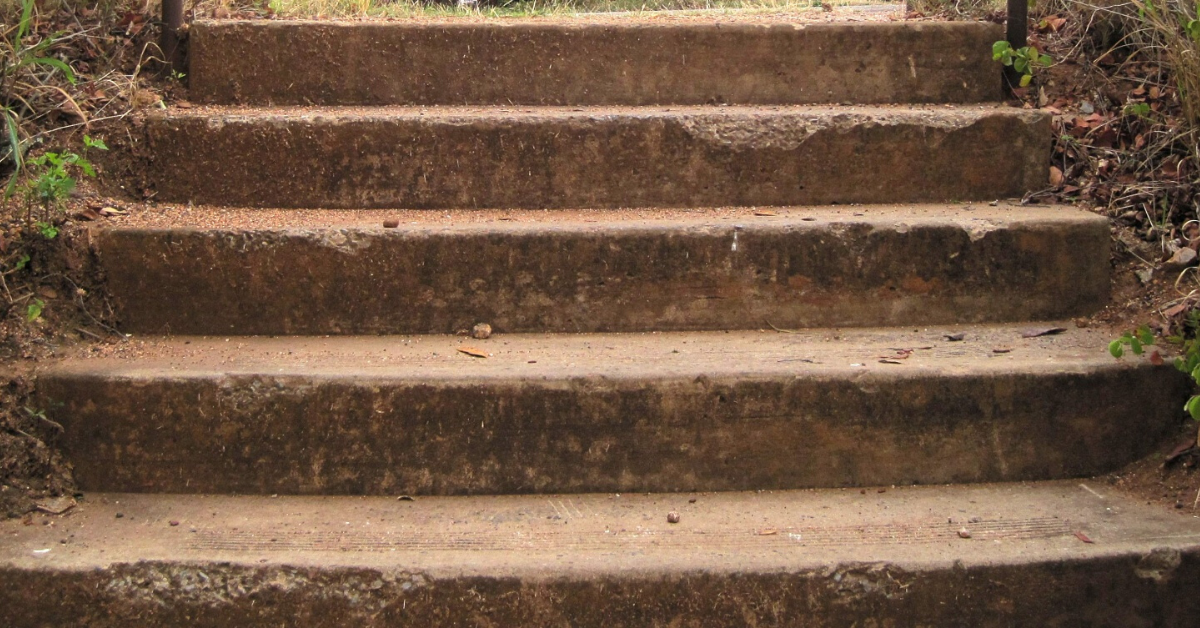Climate change and subsequent damage to water, land and clean air affects women differently than men.
Women walk farther when water and firewood runs out, work harder for less when erratic weather patterns wreak havoc on crops and die at higher rates when natural disasters strike.
Solutions to climate change exist on the frontlines of the battle to save our planet. Grassroots women leaders are already stepping up to the challenge, but don’t have access to resources to support their work.
There is a shocking gap in funding for women’s environmental leadership. Less than 0.2% of all foundation funding goes to women’s environmental action.
Last year, Global Greengrants Fund and Prospera International Network of Women’s Funds released a report titled, “Our Voices, Our Environment: The State of Funding for Women’s Environmental Action.”
The publication is the first comprehensive mapping of funding in support of women’s environmental action.
It includes case studies and success stories of women-led environmental projects, and guidance from women’s rights activists for funders that want to strengthen their existing grantmaking and take further action.
The report not only shares data on the current state of funding, but also makes recommendations to funders of how to offer support:
1. Leverage greater resources for funding, which requires an increase in understanding from funders of how to fund at the intersection of women and environment.
Global Greengrants Fund and Prospera are supporting funders to build capacity, knowledge and resources to engage with this issue.
We are helping funders learn how best to get involved at this nexus by leading a learning community with many of the top foundations and funders in philanthropy, and sharing information about how to achieve both gender and environmental justice.
Many funders interviewed in the aforementioned report share common challenges when considering whether and how to fund women’s environmental action, including where limited resources can make the greatest impact.
2. Funders need to develop a gender and environmental justice analysis of their grantmaking portfolios, and to support organizations and initiatives doing this work.
One way for funders to do this is to interact with organizations that are leading the charge.
In March 2019, International Rivers and The Nepal Water Conservation Foundation hosted the Women and Rivers Congress in Nagarkot, Nepal.
The congress brought together nearly 100 women from more than 30 countries, including many funders, to recognize and expand the leadership of women protecting rivers.
The attendees not only put together a roadmap for action supporting women worldwide protecting freshwater ecosystems, but also released a joint statement following the event.
The statement emphasized their commitment to ensuring women’s leadership in decision-making at all levels over freshwater resources, and to strengthening and building alliances.
Similarly, in Abuja, Nigeria, last winter, Corporate Accountability and Environmental Rights Action/Friends of the Earth, Nigeria hosted a summit bringing together water justice leaders across the globe including women leaders from Flint, Michigan; Pittsburgh; and the NAACP.
The resulting learning and action plans, explicitly uplifted the vision of women water justice leaders convened at the summit and will prioritize stopping water privatization, as well as backing community leadership in advocating their right to clean water.
Foundations like the Wallace Global Fund not only supported and attended the convening, but were also keen to explore how the summit could serve as a catalyst for more funders to support resulting initiatives.
These examples stand out as ways that a few organizations and funders are stepping up to bring women into the conversation to protect the planet and are creating spaces to listen and learn from one another.
Yet, to overcome climate change, we need even more people, including more women, and more funders involved.
As the threat of a climate crisis grows with each passing day, Global Greengrants Fund and Prospera are calling on others in the philanthropic space to close the funding gap at the intersection of women and environment to support collective action.
Funders must take the lead in understanding how to support women and the environment, and investing where it is most needed.
Terry Odendahl is president & CEO. Follow @TerryOdendahl and @GreengrantsFund on Twitter.














































































































































































































































































































































































































Leave a Reply